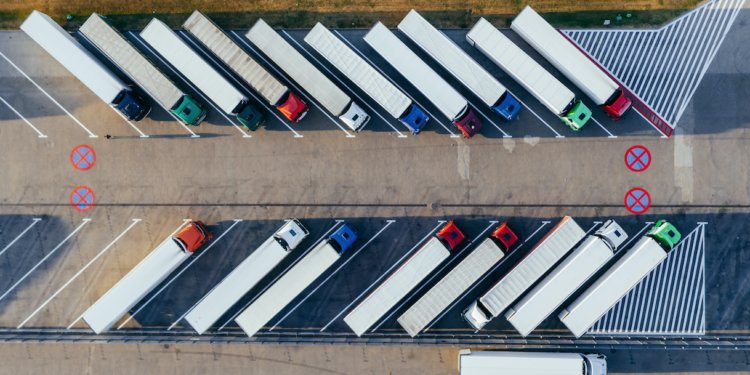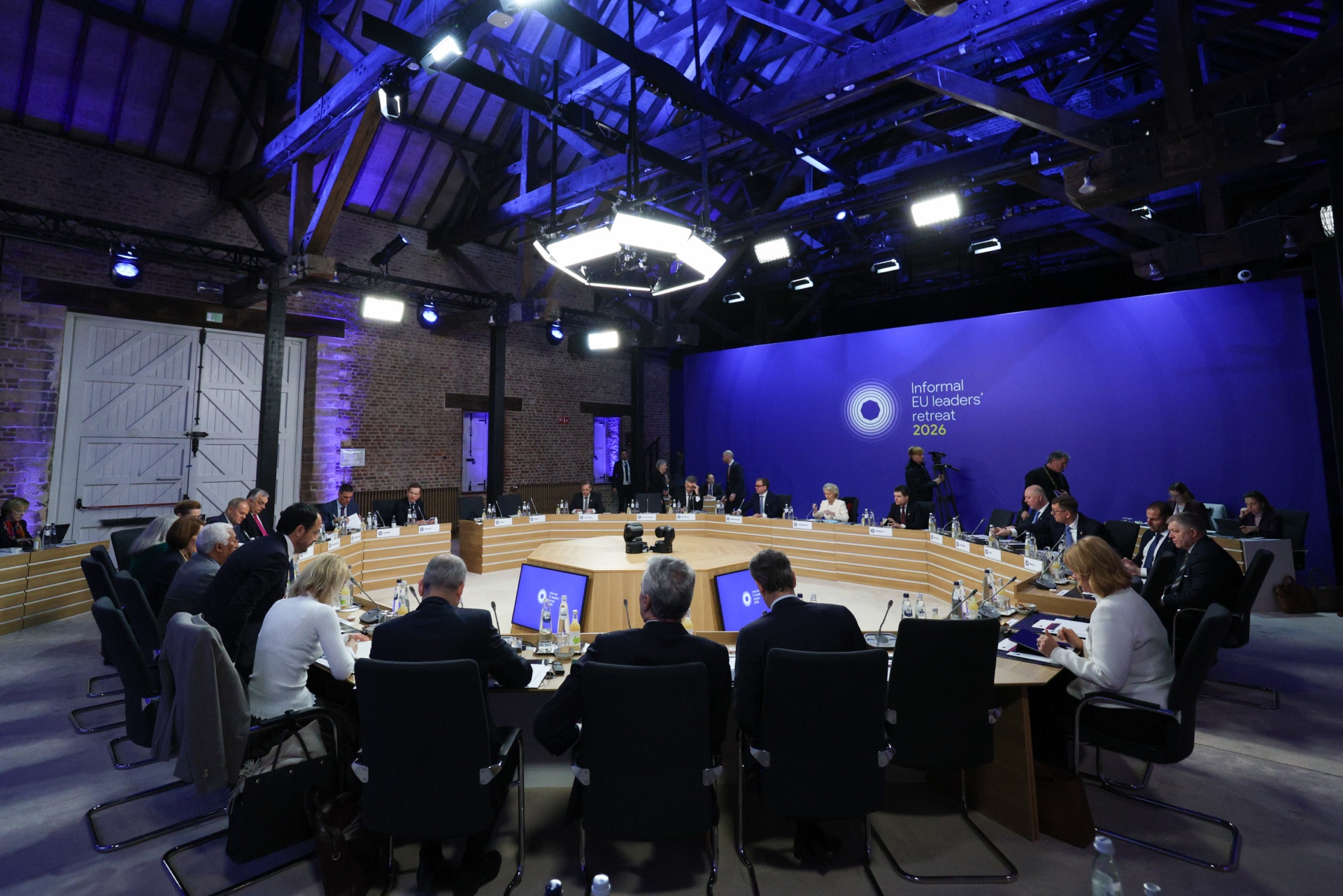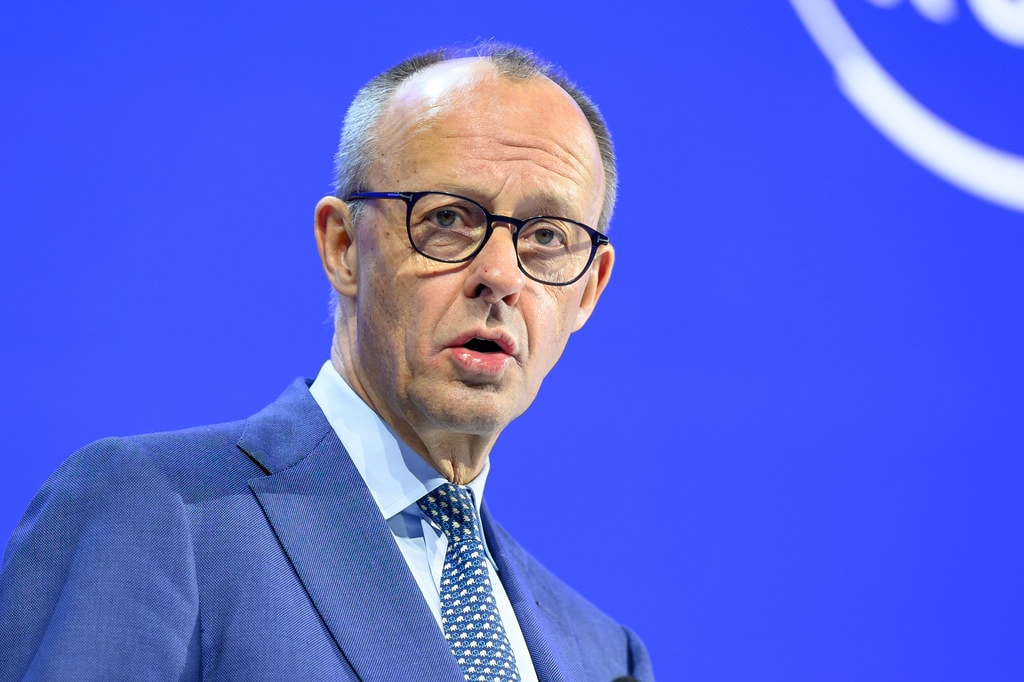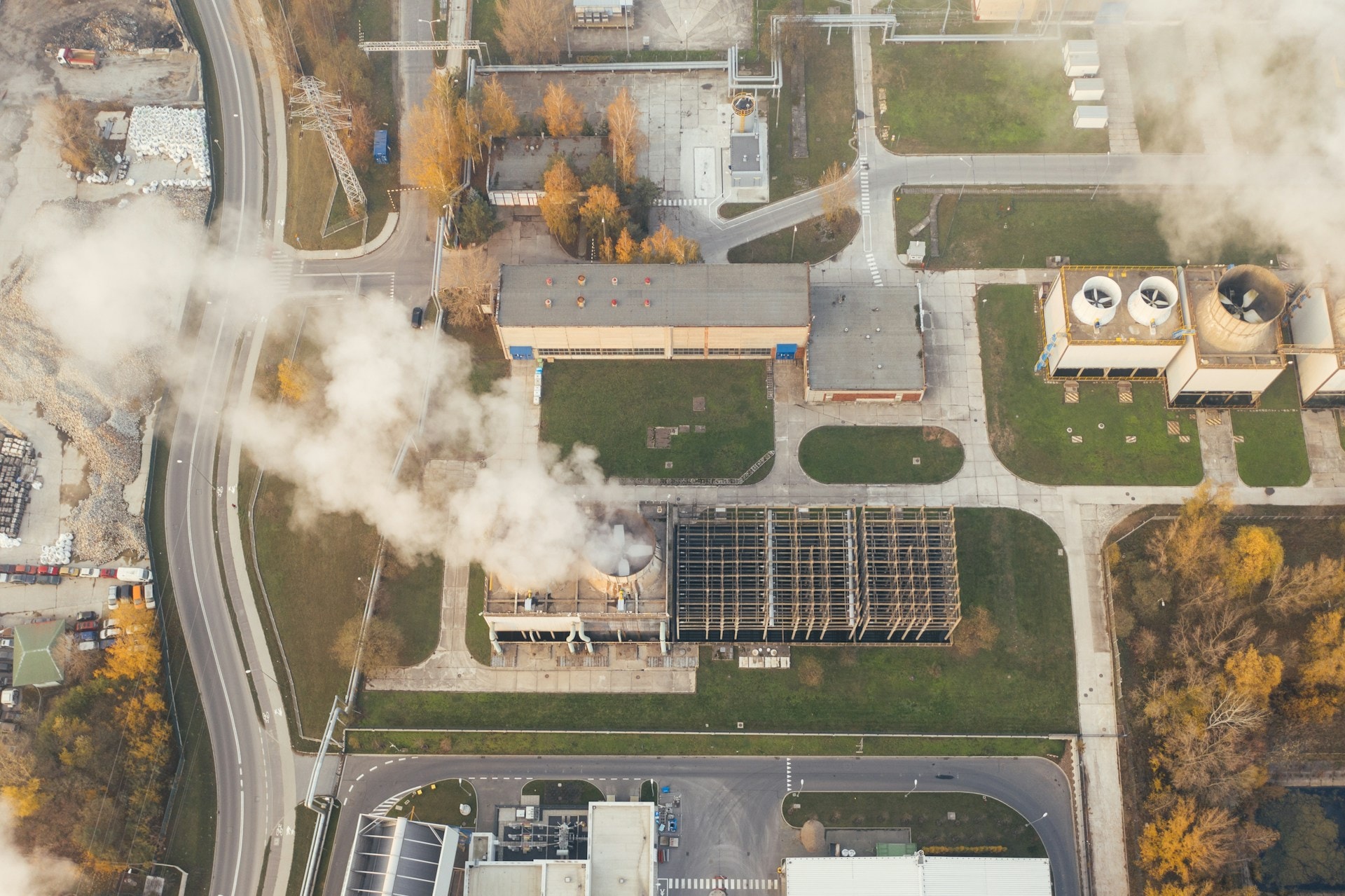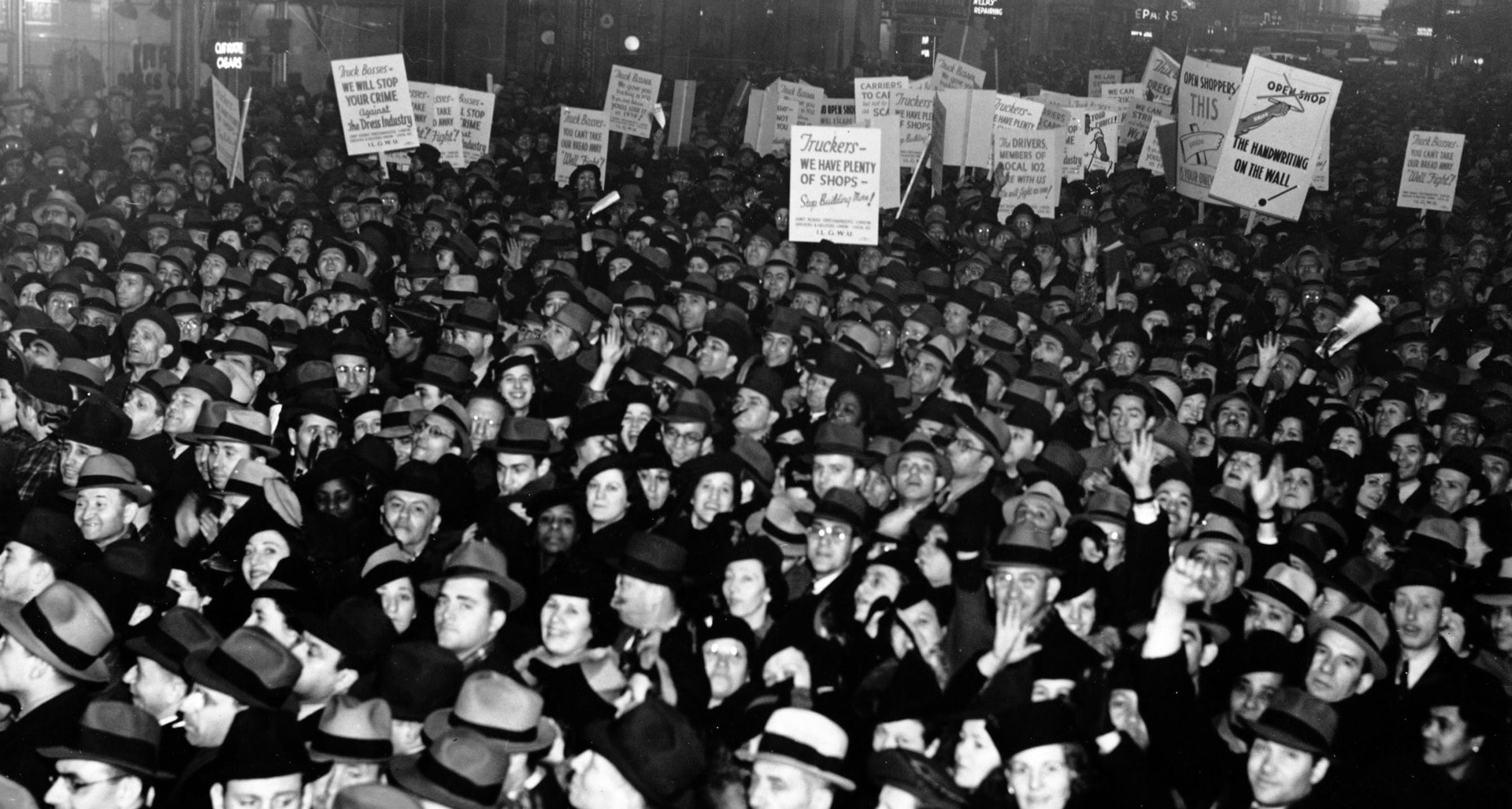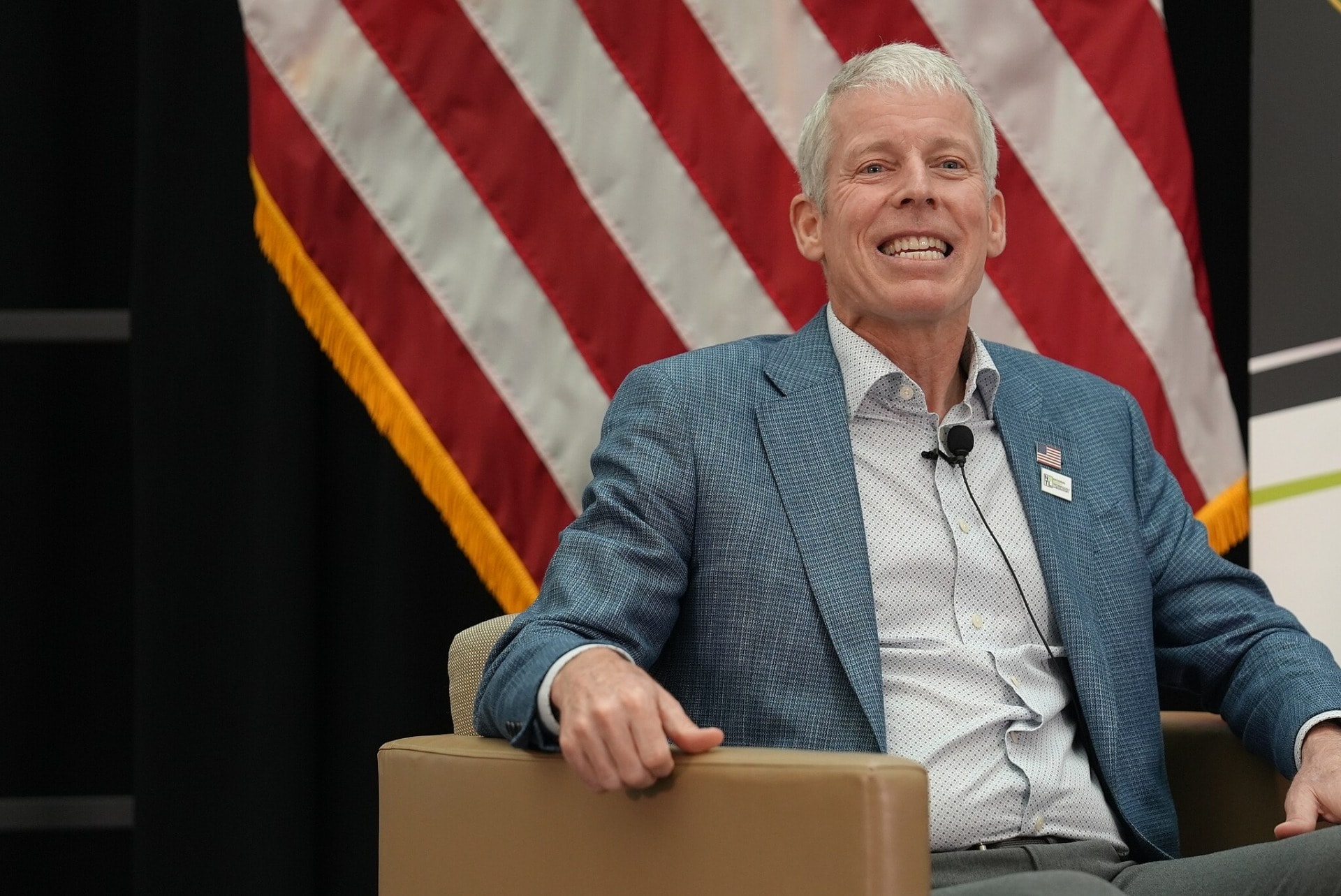The EU Commission is currently discussing the European Green Deal and the CO2 emissions for new trucks the deal establishes. In the draft, the act proposes a decrease in EU truck emissions by 45% by 2030 and 90% by 2040.
However, 41 major companies feel that these goals are not enough and have signed a letter to the EU, calling for better climate targets and are asking for a clear date on the fossil fuel truck ban. Among the companies are PepsiCo, Heineken, Nike, Nestlé, Maersk and DFDS.
Companies Ask for Higher Truck Emission Targets
The companies proposed that the EU increases the 2030 CO2 truck emissions reduction target from 45% to 65%, which they say would result in Europe seeing 150,000 more zero-emission trucks in 2030 than if the target remained at 45%.
They argue that a growing number of zero-emission trucks will be essential to reduce EU truck emissions by 55% by 2030.
Furthermore, the industry leaders say a clear and final due date for fossil fuel-powered trucks will be needed. To accomplish the complete decarbonisation of the sector by 2050, this will be important to clarify soon, as trucks in Europe have an average lifespan of approximately 18 years.
The EU must reduce CO2 emissions from new trucks by 65% by 2030 and fully by 2035 if it hopes to achieve its climate goals.
Without this immediate action, we cannot guarantee a decarbonised fleet by 2050.
Check out #YourHeavyDuty to learn more ➡️ https://t.co/6QTQL0V5WR pic.twitter.com/ErURIUNKRj
— T&E (🦋 find us @transportenvironment.org) (@transenv) June 22, 2023
Archana Jagannathan, Chief Sustainability Officer at PepsiCo Europe, said:
“PepsiCo’s ambition to reduce emissions by at least 40% by 2030 and to become net-zero by 2040 largely depends on the decarbonisation efforts of our value chain partners, which includes third party logistics. Therefore, the transition towards an affordable and emission-free movement of goods in Europe is our shared responsibility. We urge policymakers in Brussels to set more ambitious CO2 standards for trucks as it is not only a critical step towards achieving the EU’s climate neutrality goals but also a strategic move for the success of our industry.”
Related Articles: As We Switch to Electric Vehicles, What Is Happening With All the Old Cars? | Drive To 55: Freight Transport And The EU Green Transition | Transforming the Freight Industry Through Shared Truckload
Significantly, trucks, buses, and coaches contribute over a quarter of road transport-derived greenhouse gas emissions in the EU. Meanwhile, zero-emission trucks accounted for less than 1% of new trucks sold in Europe last year.
In an event with Brussels policymakers, Volvo Group’s CEO, Martin Lundstedt, emphasised the importance of a clear and unified regulatory framework in the EU to promote the use and development of zero-emission trucks.
In addition to their current climate targets, the signatories suggested adding garbage, construction, and urban delivery trucks to the list of vehicles striving to be net zero. They say these vehicles are easy to electrify and would be a simple step to contribute to a cleaner environment.
Moreover, according to the letter, if the EU sets more ambitious climate goals and expands the range of vehicles covered, manufacturers will be encouraged to produce more zero-emission vehicles across all categories.
The EU is expected to agree on a final regulation on the EU truck emission targets next year.
Editor’s Note: The opinions expressed here by the authors are their own, not those of Impakter.com — In the Featured Photo: Trucks on Parking Lot Bird-view. Featured Photo Credit: Marcin Jozwiak.


